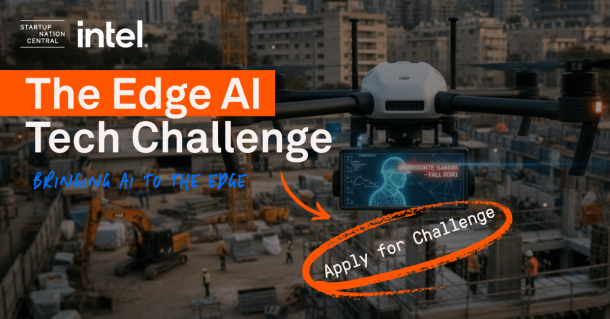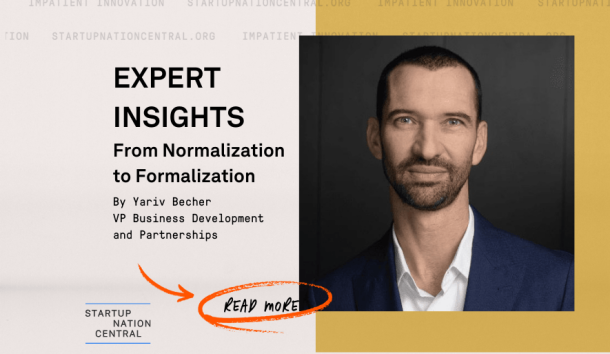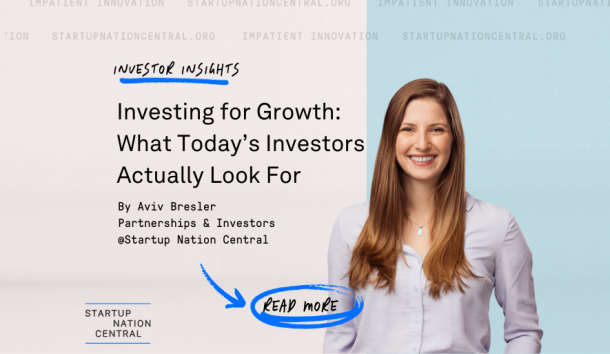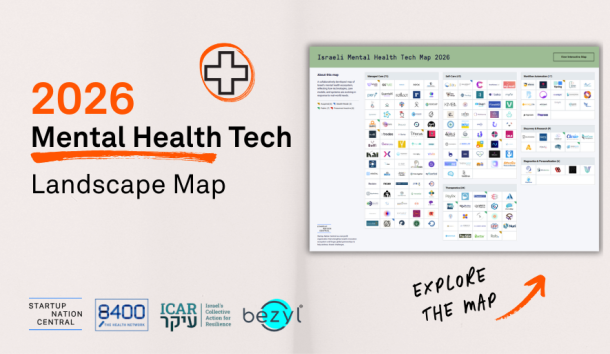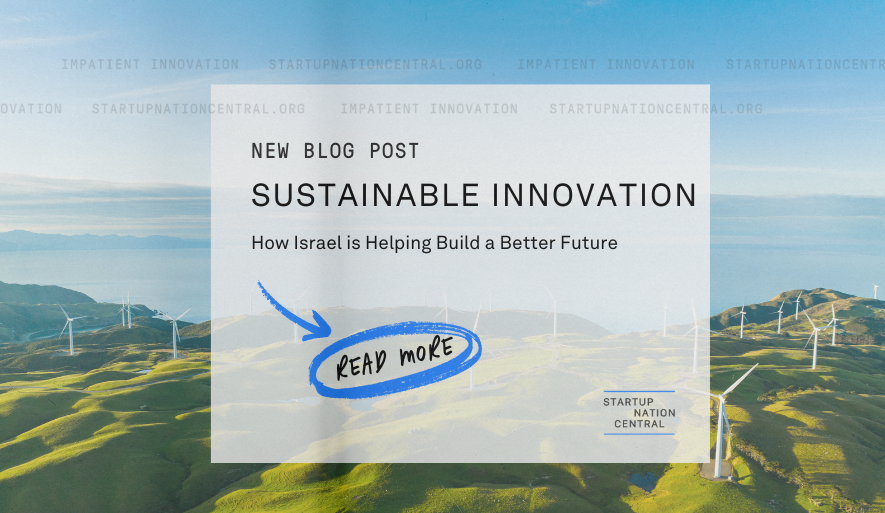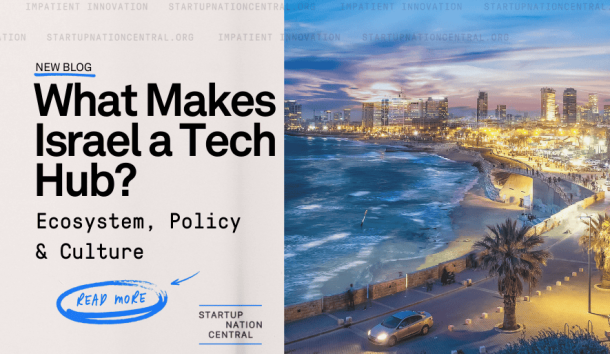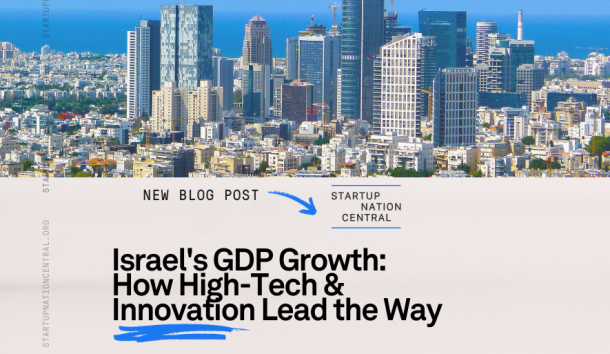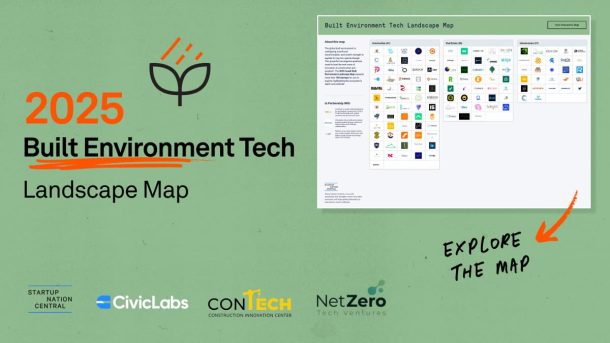Sustainable innovation is becoming a core business strategy. As environmental and social challenges grow more urgent, companies are shifting from reactive compliance to proactive leadership. This means building products, services, and processes that create long-term value while addressing climate risk, resource constraints, and social impact.
Understanding Sustainable Innovation
Sustainable innovation is described in our Startup Terms Glossary as “balancing commercial success with environmental and social responsibility.” In essence, this involves integrating environmental and social outcomes into business models from the start. It’s not just about mitigating harm, it’s about designing for resilience and relevance in a resource-limited world.
This often requires changing how value is defined, looking beyond efficiency or scale and considering lifecycle impact, circularity, and equity. It also demands collaboration across disciplines and sectors, bringing together science, entrepreneurship, and policy.
Israel’s innovation ecosystem supports this kind of thinking. With more than 7,000 startups and over 120 accelerators and incubators, the country offers an environment where applied research and early-stage ideas move quickly toward market-ready solutions. Startup Nation Central refers to this as impatient innovation, a focused, fast-moving approach to solving global challenges. This reflects the mindset driving much of Israel’s tech ecosystem.
The Importance of Sustainable Innovation Today
Markets, investors, and regulators are raising the bar. Companies are expected to align with climate goals, improve transparency, and deliver measurable impact. Sustainable innovation allows businesses to meet these expectations while opening up new areas for growth.
In Israel, sustainability-oriented sectors such as health tech, climate tech, and agri-food are seeing steady investment:
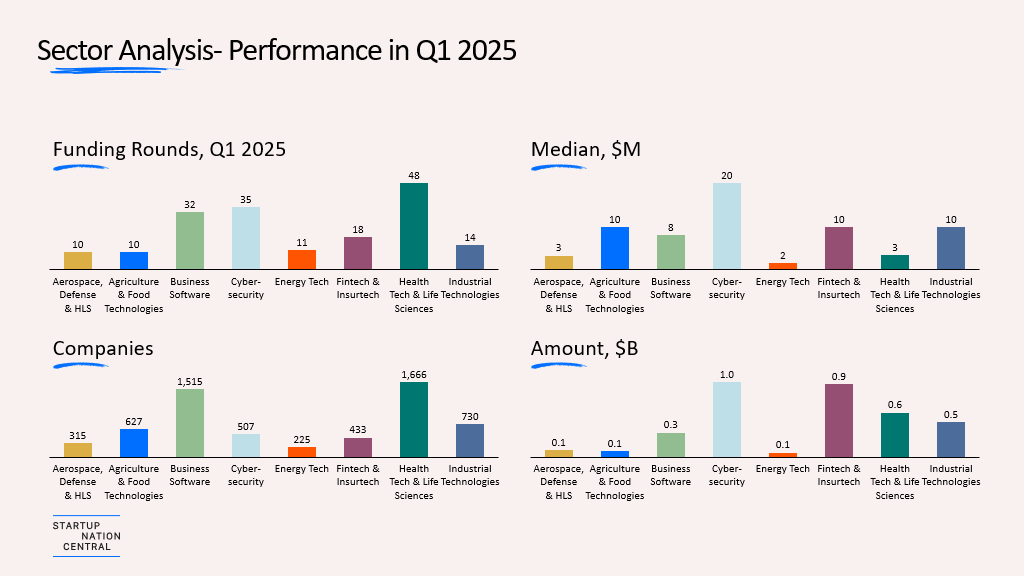
These trends show that market demand and financial backing are increasingly aligned around sustainable technologies.
Israel: A Hub for Responsible Innovation
Israel’s resource limitations have made sustainability an innovation driver. Solutions are often designed to work under pressure; limited water, rising temperatures, dense urban environments. This has produced scalable technologies with global relevance.
- UBQ Materials: This cleantech company has developed a patented process to convert unsorted household waste into a thermoplastic material, offering a sustainable alternative to traditional plastics. UBQ’s solution diverts waste from landfills and reduces greenhouse gas emissions.
- Aleph Farms: Specializing in cellular agriculture, Aleph Farms produces cultivated meat using animal cells, eliminating the need for livestock farming. This approach significantly reduces land use, water consumption, and greenhouse gas emissions associated with conventional meat production.
- ECOncrete: Addressing the ecological impact of marine infrastructure, ECOncrete designs environmentally sensitive concrete solutions that promote biodiversity and enhance the structural integrity of coastal and marine constructions.
- Eco Wave Power: Harnessing the power of ocean waves, Eco Wave Power has developed an innovative technology to generate clean electricity, contributing to the diversification of renewable energy sources.
- H2Pro: Focused on sustainable hydrogen production, H2Pro has created a technology that enables efficient and cost-effective generation of hydrogen fuel, supporting the transition to clean energy.
Each of these companies combines strong tech fundamentals with environmental logic. They reflect Israel’s capacity to deliver market-ready solutions that also meet sustainability benchmarks.
Strategies for Advancing Innovation with Impact
For companies aiming to integrate sustainability, progress comes from clear business decisions. Several proven strategies can help:
- Define sustainability as part of company purpose. When leadership sets the tone, sustainability becomes operational, not optional.
- Engage across the value chain. Suppliers, customers, and partners all have roles to play in improving environmental and social outcomes.
- Invest in problem-solving R&D. Product design, materials science, and data modeling are all areas where innovation can drive efficiency and reduce impact.
- Build partnerships that accelerate results. Collaborating with research institutions, mission-driven funds, or NGOs can de-risk development and scale faster.
- Measure what works. Setting clear KPIs across carbon, energy, water, or waste metrics helps track progress and improve performance.
Israel’s ecosystem enables this type of approach. It brings together startups, corporates, and public institutions in a way that makes innovation faster, more focused, and often more accountable.
Implementing Sustainable Innovation
Sustainable innovation is a practical response to current market conditions. It allows companies to future-proof their operations and align with shifting expectations from customers, investors, and regulators.
Israel’s innovation economy continues to demonstrate that purpose and profitability can reinforce one another. With a strong pipeline of impact-focused technologies and resilient investment activity, the ecosystem offers a model for how sustainability can be built into the core of technology.
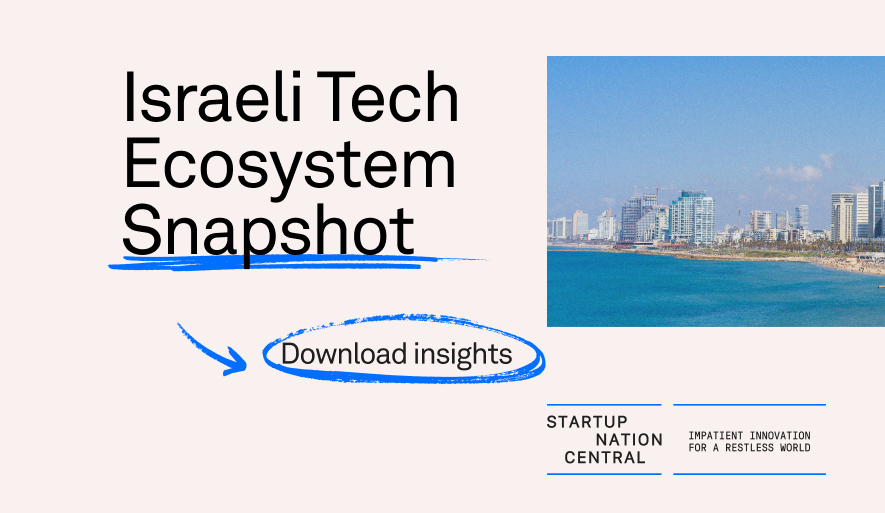
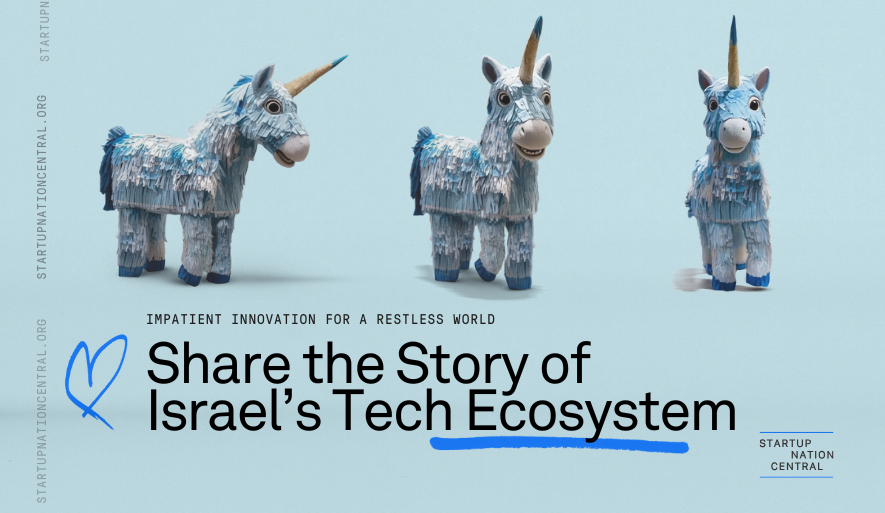
 Tech Ecosystem
Tech Ecosystem Human Capital
Human Capital Focus Sector
Focus Sector The Health Network
The Health Network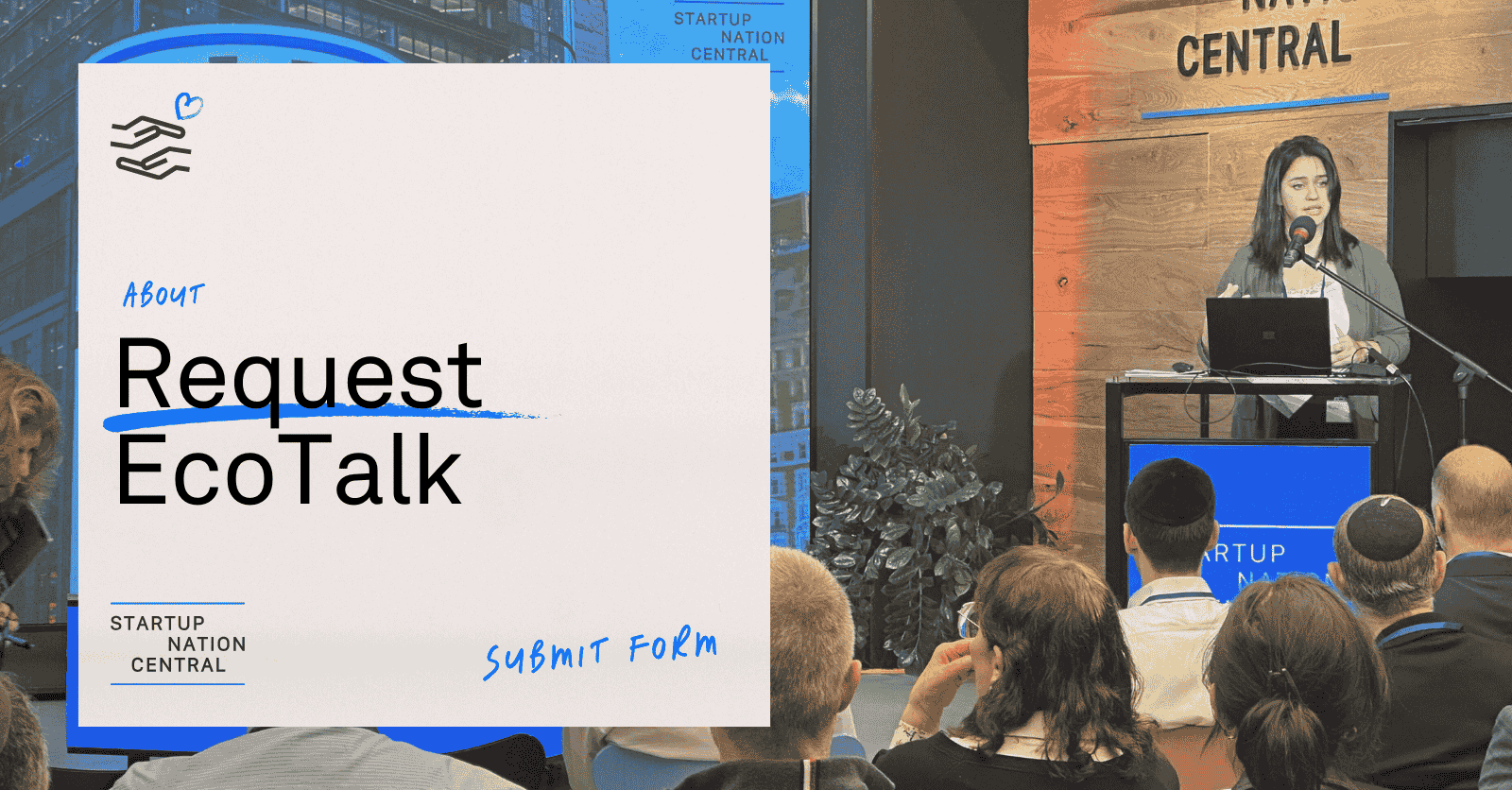
 Business Opportunities
Business Opportunities Investment in Israel
Investment in Israel Innovation Diplomacy
Innovation Diplomacy Leadership Circle
Leadership Circle

